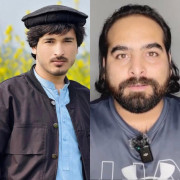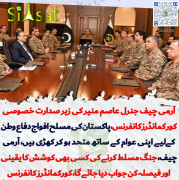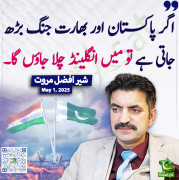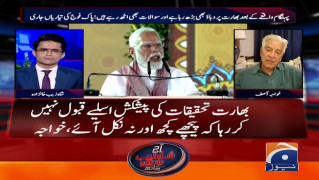The Taliban has claimed responsibility for the assassination of the Afghan President's senior adviser in the capital Kabul, along with one of the country's MPs. Local security forces say they've already killed the militants who carried out the attack. The murders come less than a week after Hamid Karzai's half-brother, who ran the south of the country, was gunned down. The Taliban is stepping up its assault on Afghan officials, as NATO combat troops begin to withdraw. On Sunday the Alliance handed over control of the first of seven designated areas to local forces. For more on the situation unfolding in Afghanistan RT talks to Karen Kwiatkowsky, who's a retired U.S. Air Force Lieutenant Colonel.
Negotiating with Taliban - Political Solution
Amina Kamal Khan, Urdu VOA News, Washington.
As the US prepares to draw down its surge troops by the end of next year, some in Washington are asking if ground conditions in Afghanistan are ideal for a negotiated solution with the Taliban. William Zartman (SAIS) says that the US cannot effectively negotiate a solution in Afghanistan if it sends the message that it is leaving (INT). James Carafano of the Heritage Foundation says that sufficient military pressure needs to be applied for the negotiation strategy to succeed (INT). Brian Fishman (New American Foundation) says that the success of any political strategy in Afghanistan depends not on the US or the international community, but the political will of the Afghan government which, he says, faces no shortage of interlocutors (INT). He says some Taliban groups may be more amenable to negotiating once fewer foreign troops remain in Afghanistan, while other groups may simply be irreconcilable.


























